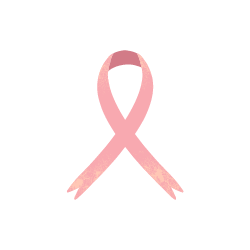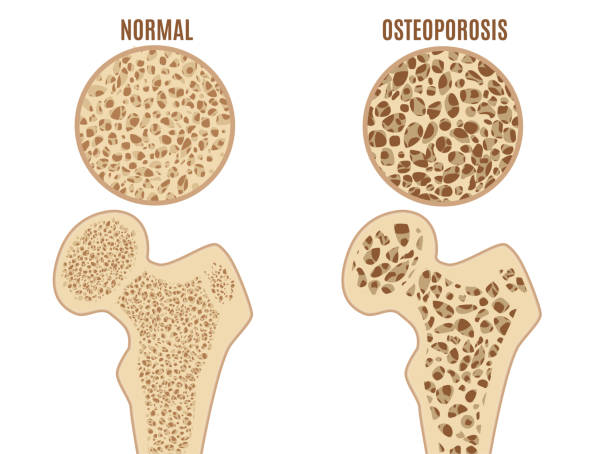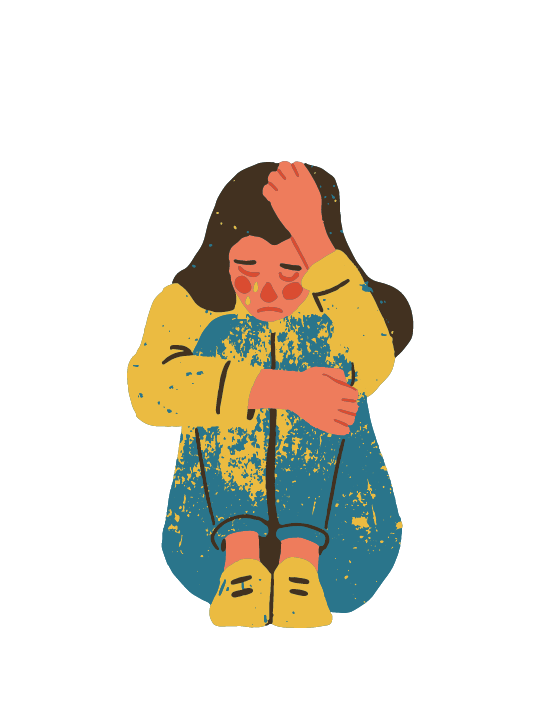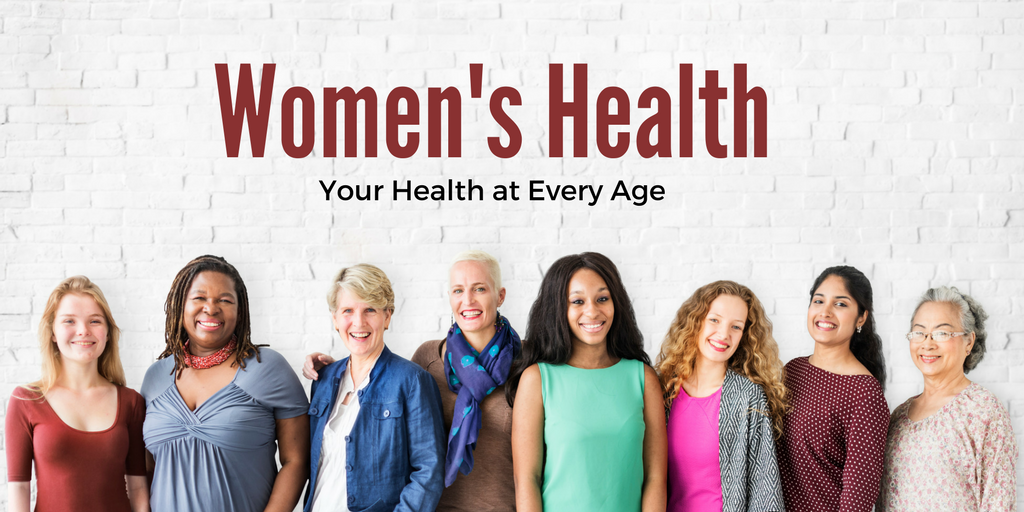Top 5 HEALTH Issues for WOMEN\What Research Says About
In this article, we will explain common health issues for women and why they are at a higher risk for heart disease, breast cancer, and depression than men, and why they may not be aware of it. Consider how much easier, life would be if you weren’t bothered by these diseases. While there is no lifelong guarantee, there has been enough scientific evidence to suggest that living a long and healthy life is possible.
Therefore to assist women, in improving their health, researchers looked into five medical issues that they are concerned about:
- Cardiomyopathy
- Breast Cancer
- Osteoporosis
- Depression
- Autoimmune disease

“You should know what makes you feel happy and what makes you feel bad. It’s crucial to understand your body.”
— Saralyn Mark, MD
Saralyn Mark, a senior medical consultant at the US Department of Health and Human Services’ Office on Women’s Health, encourages women to take control of their health to make the most of this information. Therefore she believes that women should cooperate with their doctors by learning about their family medical history, educating themselves on health issues, and paying attention to their bodies.
Let’s have a look at the above 5 points in detail.

• Cardiovascular Diseases:
In short symptoms of a heart failure may look like this:
- Chest ache,
- Mild jaw pain,
- Shoulder soreness,
- Nausea,
- Vomiting,
- Shortness of breath
Despite the fact that men die from heart disease at a higher rate than women and although it’s only slightly less common, women are often underdiagnosed.
The American Heart Association recognizes the following elements as risk factors for heart disease:
- Getting older
- Heredity
- Smoking
- High cholesterol levels in the blood
- Hypertension (high blood pressure)
- Lack of physical exercise
- Overweight and obesity
- Diabetes

Controlling your weight, exercising, quit smoking, and speaking to your doctor for suitable screening of heart diseases.
— Stephen F. Sener, MD
The burden of heart disease in women is enormous,” says Gregory Burke, MD, professor, and chairman of the Wake Forest University School of Medicine’s department of public health sciences. “The earlier people adopt healthy habits, the lower their overall chance of developing heart disease or stroke,” Burke claims that changing one’s lifestyle to include a well-balanced diet and exercise can lower one’s risk of heart disease.

• Breast Cancer:
Breast cancer is the most common among other cancers in ladies.
After lung cancer, breast cancer is the leading cause of death in women.
Experts say the fear of breast cancer can sometimes be exaggerated, stopping women from going to their doctors for screening, or pushing women to make rash decisions about mastectomy, when it may not be necessary.
Diane Helentjaris, MD, immediate past president of the American Medical Women’s Association, urges women to keep their emotions in perspective and educate themselves about the issues.

There are a lot of treatments for breast cancer. It’s not a death sentence
— Diane Helentjaris, MD
The American Cancer Society lists the subsequent as threat elements for breast most cancers:
- Family records of the disease
- Personal records of the disease
- Race. White ladies have a barely extra threat of having breast cancer in comparison with African-American ladies. Yet African-Americans have an extra threat of death from this disease.
- Earlier strange breast biopsy
- Earlier breast radiation
- Early-onset of menstruation (earlier than age 12) or menopause after age 55
- Not having children
- Medication use, consisting of diethylstilbestrol (DES)
- Too a good deal of alcohol
- Poor diet
- Obesity
- Female sex
- Increasing age
Stephen F. Sener, MD, is the president of the American Cancer Society and says: “Just due to the fact your mom did not have breast cancers, it does not mean you are immune to this disease,” says Sener. At the same time, it is also vital to be aware that women who’ve one or more threat factors, never get breast cancer either.
• Osteoporosis:

Hunched backs, back pain, and frailty used to be things older women had to accept before doctors knew anything more about osteoporosis. Now, there are steps ladies and women can take to keep away from such problems.
National Institutes of Arthritis and Musculoskeletal and Skin Diseases reports that osteoporosis threatens, 44 million Americans, of which 68% are women.
“Osteoporosis is basically preventable,” says Mark. “The behaviors that women develop in their childhood, adolescence, and in their early adult years really play a significant role in the development of the disease”.
This is due to the fact that most of the bone mass is built up to the age of 30. Then new bones stop developing, and the emphasis of the body shifts to maintaining existing bones. It is never too late to strengthen bones and prevent from fractures. “Your body will do everything it can, to repair the bone injury,” says Mark. “However, you must supply the tools for it, such as proper calcium ingestion and weight-bearing physical exercise.” It’s just that simple!
Risk factors for osteoporosis include:
- Increasing age
- Small, thin-boned frame
- Ethnicity (White and Asian ladies have the finest chance)
- Family records
- Sex hormones (Infrequent menstrual cycles and estrogen loss because of menopause might also additionally)
- Anorexia
- Diet low in calcium and vitamin D
- Medication use, specifically glucocorticoids or a few anticonvulsants
- Sedentary lifestyle
- Smoking
- Excessive alcohol
Speak with your doctor about your risk of osteoporosis and what you can do to avoid complications

• Depression:
Women tend to be more affected by depression than males. According to the National Institute of Mental Health, over 12 million women are affected by a depressive condition each year.
A psychologist and author of Getting Sane Without Going Crazy, believes that women want social connections in their life to prevent depression.

They want that sustenance, “If they do not have it, they generally tend to get depressed.”
Dorree Lynn, Ph.D
Sometimes, hormonal modifications also can cause the condition, specifically after pregnancy (postpartum) or around menopause. Other elements of depression might include:
- A previous depressive history
- History of heart problems
- Serious chronic illness
- Marital problems
- Family history of depression
- Drug’s abuse
- Use of medication that might cause depression, inclusive drug treatments for excessive blood strain or seizures
- A traumatic lifestyles event, inclusive of jobs loss or death of a loved one
- Diseases that might cause despair, inclusive of anemia and thyroid disease
- Recent severe illness or surgery
- Childhood records of sexual or physical abuse
- Being a worrier or being overly anxious
- Having an anxiety or eating disorder
Lynn suggests finding a cause to get out of bed in the morning helps lessen the chances of depression. Work, community, love, pets, and volunteering, she argues, are all valid reasons to avoid depression.
“Statistically, the healthiest individuals, both men, and women are those who have major caring connections,” Lynn explains. She believes that individuals who are not in healthy relationships might minimize their risk of depression by reaching out to others in the community.
• Autoimmune Disease:

Autoimmune diseases are a set of conditions in which the immune system attacks the body and kills or changes the tissues. There are almost 80 major chronic disorders in this group, including lupus, multiple sclerosis, and type 1 diabetes.
Women account for approximately 75% of all autoimmune diseases. Except for diabetes, thyroid illness, and lupus, each condition appears to be uncommon on its own, yet the diseases constitute the fourth-leading cause of disability among American women.
According to the American Autoimmune Related Illnesses Association (AARDA)
It is unknown what causes the body to turn against itself, although genetic, hormonal, and environmental factors all play their role.
“That’s such an important field of inquiry.
Helentjaris
Because autoimmune diseases are poorly understood, identifying specific risk factors is challenging. Symptoms might often be vague, making thorough diagnosis difficult. If you suspect something is wrong with you or a loved one, you must become an active health advocate.
“It’s extremely normal for women to see numerous doctors before getting a diagnosis,” she says. “Insist that your symptoms be taken seriously.” If you don’t think your doctor is taking your problems seriously, Pearson recommends finding another doctor who will evaluate your issues.
Recommended Readings
- Diabetes prevention and treatment
- Top 10 Reasons why physical Fitness is Important for everyone.
- What if you have diabetes? Early signs & symptoms
Follow us on Facebook for more exciting posts.


One Reply to “Top 5 HEALTH Issues for WOMEN\What Research Says About”